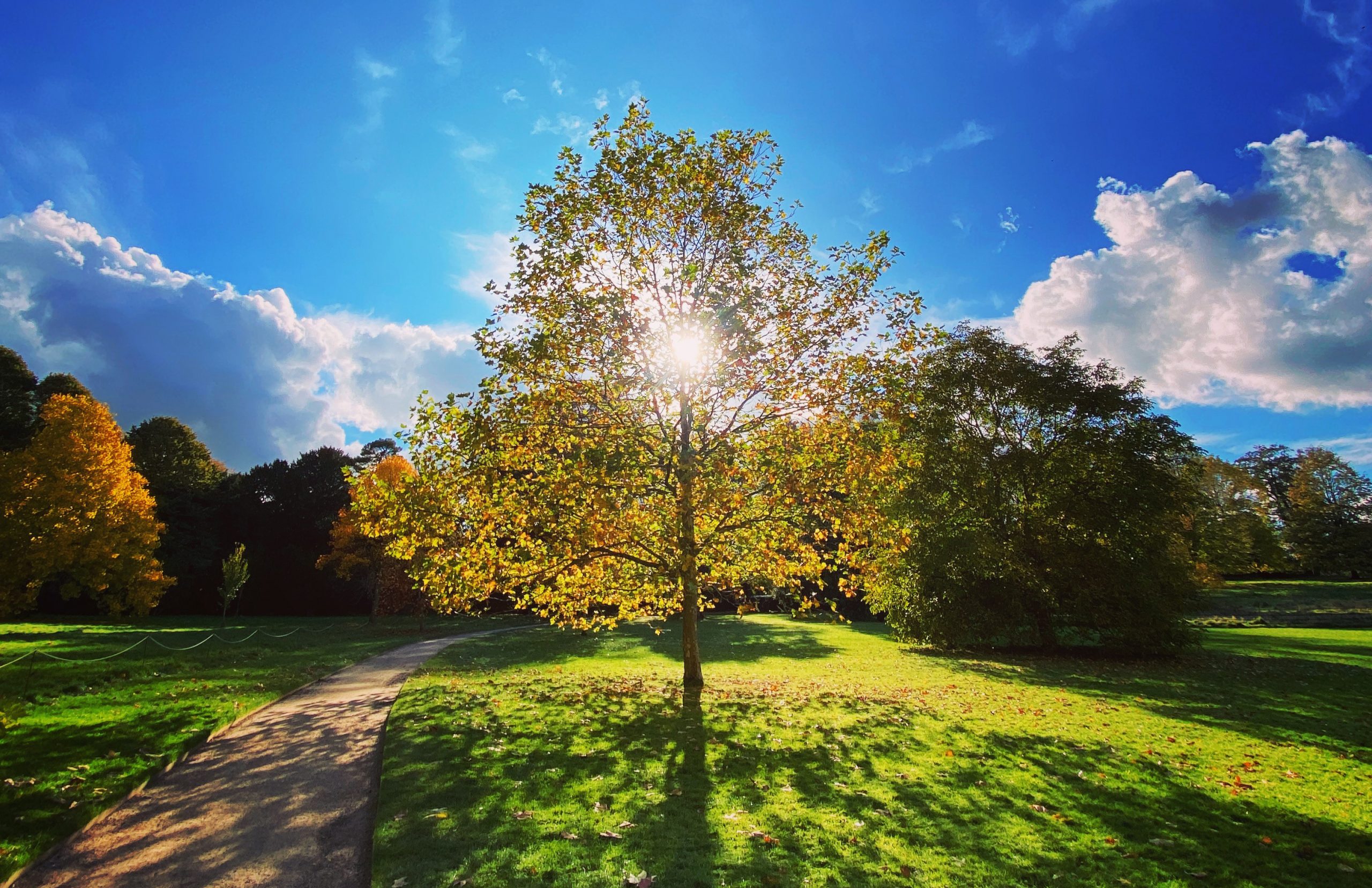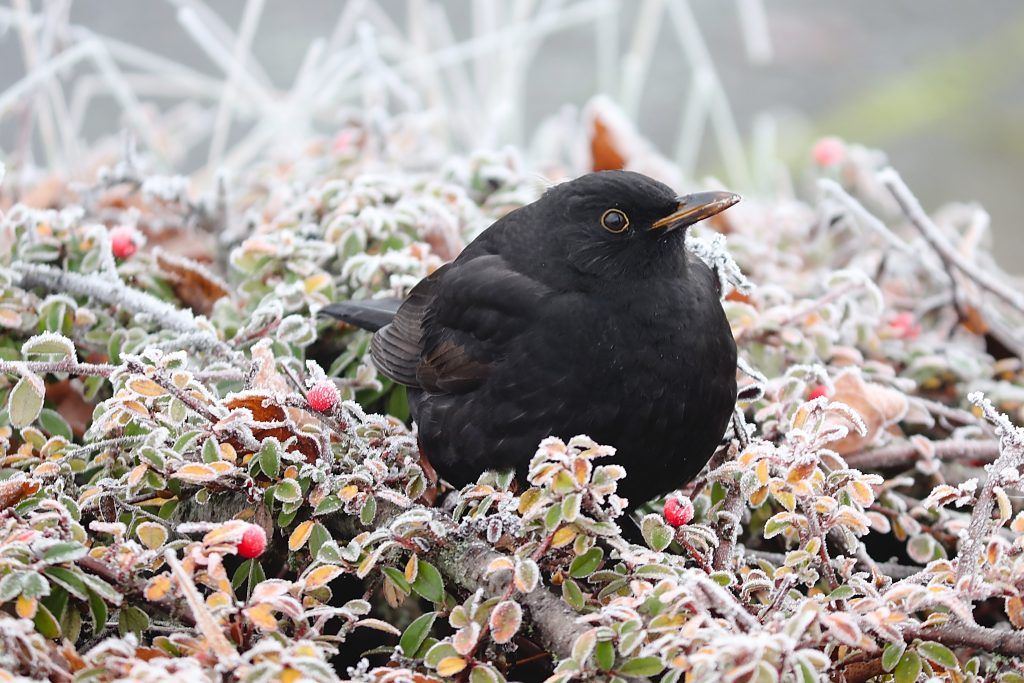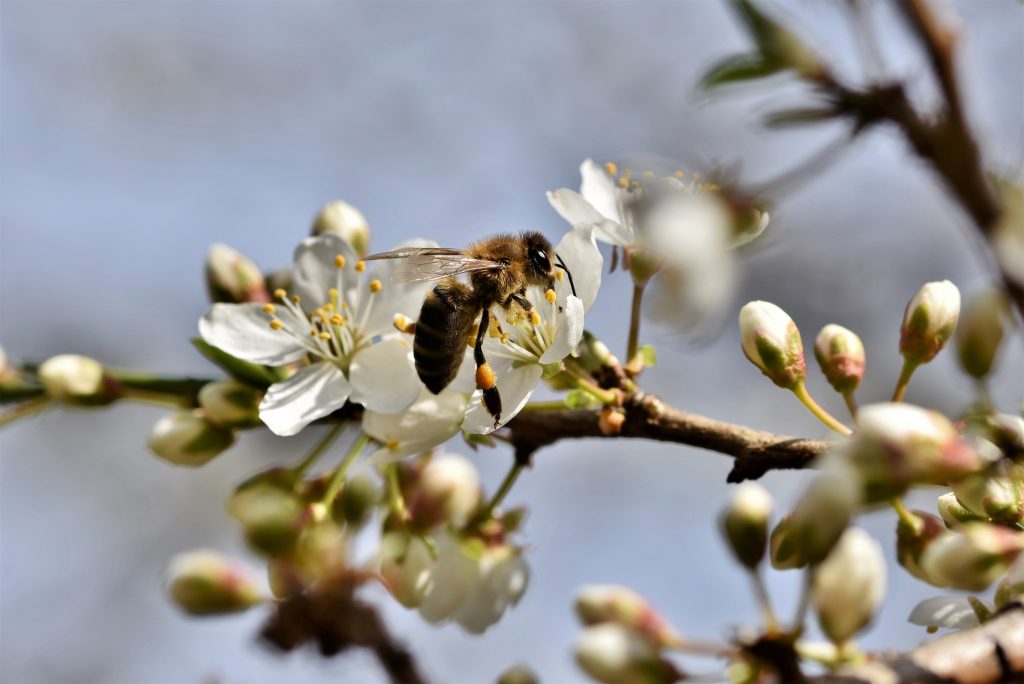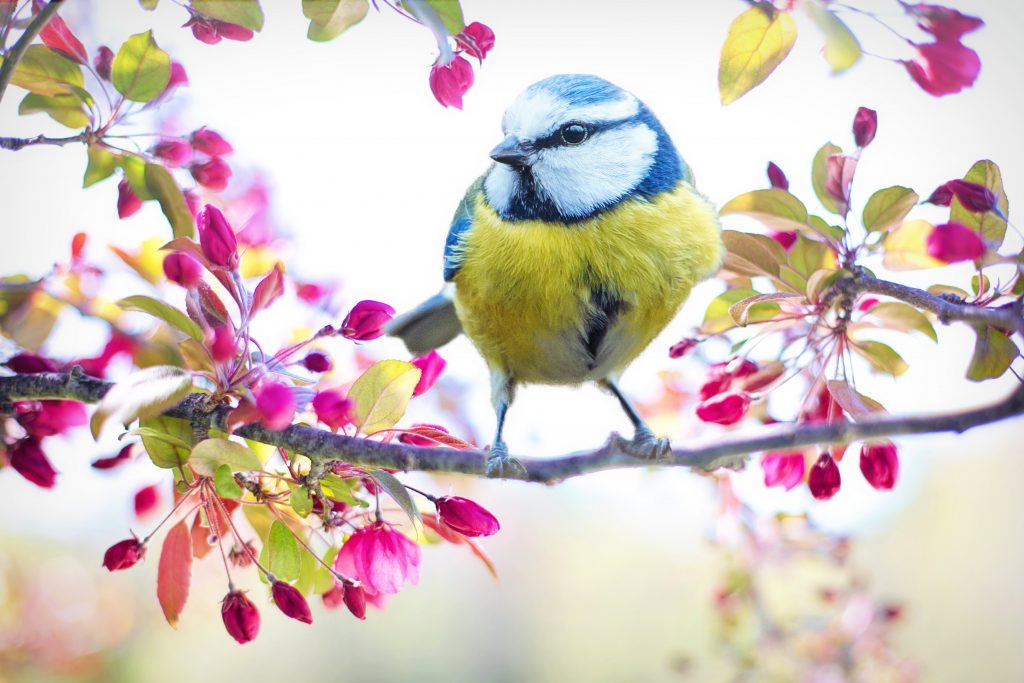Plant a Tree; tips and hints to get you planting

Planting trees
Trees are a vital part of our wild and domestic landscape – they are essential for people, wildlife and the environment. As part of the National Garden Scheme’s partnership with the Woodland Trust to help champion trees – and the drive to plant a tree for the Queen’s Green Canopy in 2022 – we look at why we should plant trees and which ones are best for you and your garden.
Why plant trees?
With your help, the Woodland Trust has planted more than 50 million trees since it began in 1972. From single trees in thousands of gardens to hedges and whole woods, the UK is looking greener than it did four decades ago. But we need to plant more.
You might have just one or two goals in mind when planting trees: to attract garden birds, give fiery autumn colour or create a shady spot. Whatever your reason, trees have far-reaching benefits for all of us, not least because planting more trees is the best climate change solution.
Climate champions
Trees are the ultimate carbon capture and storage machines. Like great carbon sinks, woods and forests absorb atmospheric carbon and lock it up for centuries. They do this through photosynthesis. The entire woodland ecosystem plays a huge role in locking up carbon, including the living wood, roots, leaves, deadwood, surrounding soils and its associated vegetation.
And trees do more than just capture carbon. They also fight the cruel effects of a changing climate. They can help:
- Prevent flooding
- Reduce city temperature
- Reduce pollution
- Keep soil nutrient-rich
Good for animals
Woods and trees are home to more wildlife than any other landscape, providing homes for thousands of species including our most loved animals including key pollinators such as bees, butterflies, beetles and moths.
Good for health and wellbeing
As well as providing environmental and biodiversity benefits, trees contribute enormously to health and wellbeing.
You can read the Woodland Trust’s case study Healthy woods, healthy lives: how green spaces can improve public health which includes case studies from people with a range of health issues here Visiting and spending time in woods has helped with:
- physical and mental health
- obesity
- dementia
- autism
There are so many reasons why trees are important, not least for the hugely aesthetic quality and form they lend to gardens and garden design. November to March is tree planting season so why not get planting!
Which tree should I plant?
Different trees have different purposes and needs. Choose your species according to the land you have and what you want from your trees.
Most trees can grow in a range of conditions, though some will prefer particular soil types. Take a look around your neighbourhood and see what’s thriving for an idea of what might do well.
If you’re planting lots of trees, think carefully about using a mix of native species. UK woods are under pressure from pollution, climate change, pests and diseases. Including a broad range of native tree species will make your planting more resilient to these pressures.
Here are some tree suggestions:
Bee friendly trees include goat willow, hazel, crab apple, wild cherry and rowan.
Garden mix includes a rowan, silver birch, field maple, wild cherry and hazel.
Trees for wildlife include hawthorn, hazel, silver birch, rowan, English oak and blackthorn trees.
For year-round colour hawthorn, silver birch, hazel and rowan, wild cherry and dogwood trees.
Pollinator friendly trees include blackthorn, goat willow, crab apple, rowan, hazel, hawthorn and dog rose.
Discover more tree mixes on the Woodland Trust website here
How to plant trees
It’s best to plant trees when they’re dormant and so less likely to get damaged. Tree planting season runs between November and March, although it can stretch a bit longer in Scotland and Northern Ireland.
For full instructions on how and where to plant and care for your trees visit the Woodland Trust website here





















